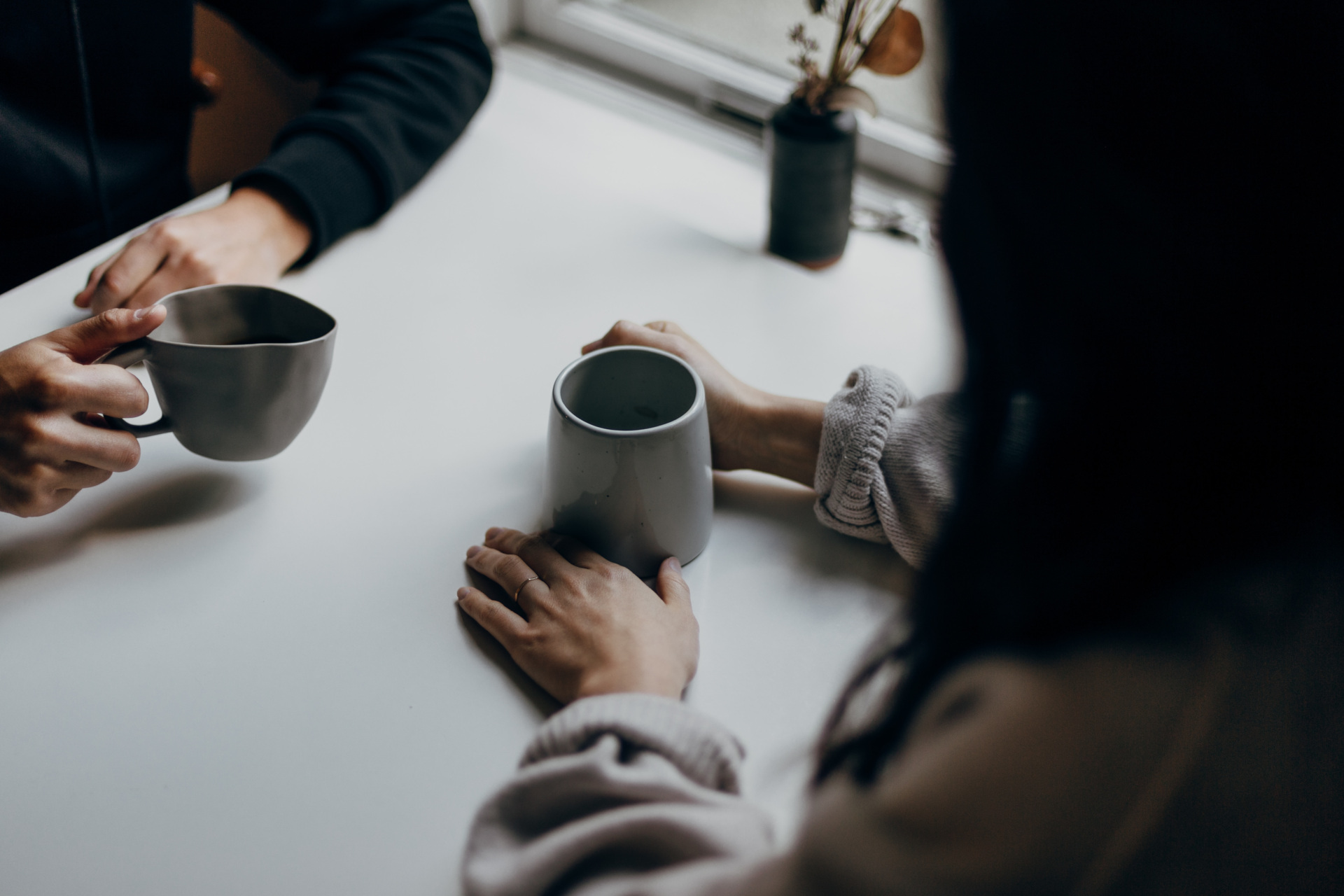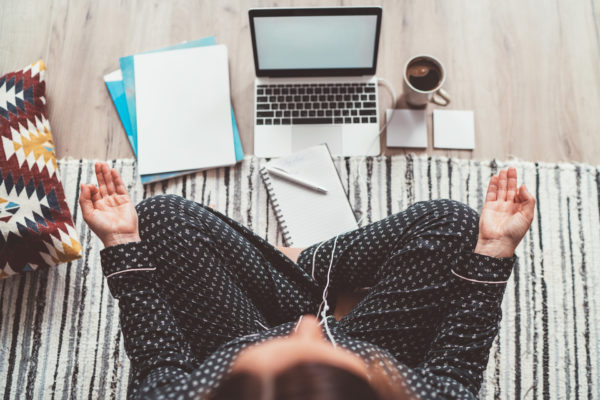Mental Health Awareness Week 2023: How To Cope With Anxiety
By
2 years ago
Tips for tackling anxiety in 2023

If there’s one thing we can talk about more in 2023, it’s our mental health. In the UK, over 8 million people live with an anxiety disorder – but everyone experiences anxiety differently. This Mental Health Awareness Week we’ve teamed up with psychologist Professor John Sharry. The mental health specialist has penned 14 best-selling positive psychology and self-help books for families and is the Clinical Director for SilverCloud. Below, he shares some of his tips on how to cope with anxiety at home.
5 Tips For Coping With Anxiety
1. Tackle Your Feelings
Don’t ignore your feelings of anxiety. While it can be tempting to avoid them in the hope that they will go away, this can actually make matters worse. Keep a diary of how you are feeling and what your triggers are throughout your day. Being able to acknowledge a feeling can often help us with finding strategies to overcome it.
2. Talk To A Friend
Harbouring feelings of anxiety can often leave us feeling alone and vulnerable. Sharing your feelings with a person you trust can help you to evaluate your anxiety more subjectively. The process of talking allows us to unpack anxieties and help to break them down into smaller parts which can help you feel less overwhelmed.

(c) Priscilla Du Preez, Unsplash
3. Take Time Out
Anxiety can build up if you don’t allow yourself time to reflect and reset. It’s important to find a balance between your responsibilities and self-care. Prioritise spending 20 minutes each day to unwind or do something you enjoy – whether it’s going for a walk, practising some yoga, reading a book, or watching your favourite film. Working this into your routine can help to reduce symptoms of stress and anxiety.
4. Try CBT
Cognitive Behavioural Therapy (CBT) helps you to tackle and break down your thoughts and emotions, allowing you to create new pathways and practise different coping mechanisms. Talk to your GP about accessing SilverCloud, a NICE-recommended digital CBT platform with a range of programmes available which you can work through at your own pace, in your own home at any time of night or day.
5. Tailor Your Routine
Engaging in exercise diverts your mind away from the very thing which is causing you to feel anxious – helping to break the cycle of negative thoughts. It also helps to build confidence and, depending on what you choose to do, allows for interaction with other people. Just the act of moving your body helps to decrease muscle tension, a common response to feelings of anxiety. Exercise also releases those feel-good endorphins, that can improve your sense of well-being.
Featured image: Cosiela Borta, Unsplash










